'An honest, patriotic political leadership can transform the nation'
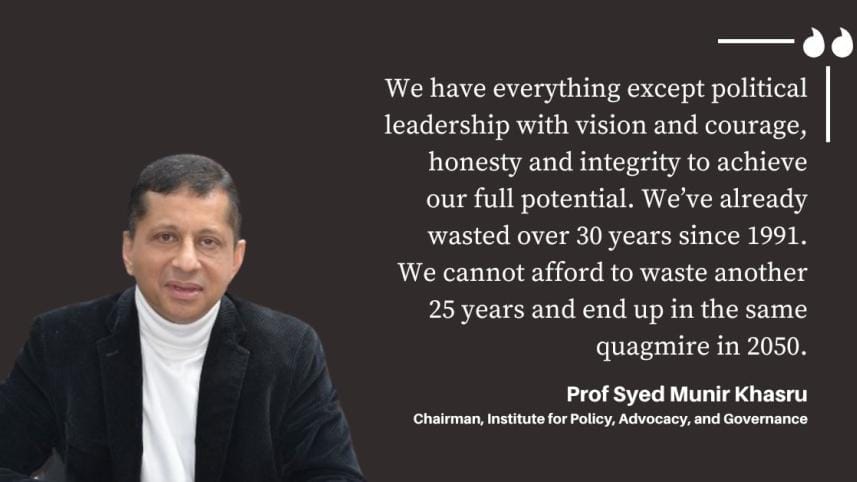
Prof Syed Munir Khasru, who heads the Institute for Policy, Advocacy, and Governance (IPAG), an international knowledge outfit based in Dhaka with a presence in five continents, discusses the performance and challenges of the interim government led by Prof Muhammad Yunus, in an exclusive interview with Monorom Polok of The Daily Star.
What do you think about the current state of the interim government?
In the aftermath of more than 15 years of autocratic rule that suppressed human rights and freedom of speech, this government came to power in a rather unusual situation. Students and others sacrificed their lives and a lot of blood, sweat, and tears went behind this change. This is quite different from the military-backed caretaker government of 2007-08, and for legitimate reasons, people's expectations are quite high. This government still has time, but I'm concerned that we may end up with another wasted opportunity.
Three things are lacking at present: a clear vision of where we are heading; a pragmatic strategy to help us get there; and having people's trust in the same.
Can you elaborate on your concerns?
Take Prof Yunus as an example, who is internationally the most well-known living Bangladeshi. When students approached him to head the interim government, he acted too hastily. Before forming a cabinet from overseas, he should have spent a few days upon return home to take stock of the situation by talking to relevant parties like the army, law enforcement and intelligence agencies, political leaders, etc. The formation and swearing-in of the council of advisers were unnecessarily hasty and not a well-thought-out process.
Since on several occasions, Prof Yunus has stated that he is not interested in politics as he does not know how to run a country, at least he should have been more thoughtful about the people he is choosing to do it for him. It is ironic that a government that is the product of an anti-discrimination movement has almost one-third of important positions, including the cabinet and CA's office, being filled up by people from one district over the rest 63 districts of the country and Grameen Bank and Yunus Foundation. How is it different from the ousted government's "Pro Gopalganj" policy of regionalism? This is not expected from a globally revered social revolutionary and Nobel laureate we all hold in high esteem.
In the initial stage, I had discussions with some of the advisers on how I may support matters related to policy and strategy, but in hindsight and looking at the way things have been unfolding since then, it has been better to be outside this spectrum of poor coordination, ineffective communication, and growing disillusionment. However, there is still time to correct the course before it is too late.
Many in his cabinet are well-qualified individuals in their respective fields, but governing a country requires a different skill set. There's concern about the direction we're heading. Adding to this is the shadow of the upcoming election, which doesn't have a clear roadmap. During informal chats with heads of some of the reform commissions, I felt they lacked the mandate to independently carry out their tasks. Let us see what recommendations they have and, more importantly, whether the political parties are willing to accept the same. Without political parties passing reforms in parliament, all the commissions' work will be mere paperwork, with no teeth and gathering dust on bookshelves.
You mentioned education reform earlier. Could you expand on that?
One of the most glaring oversights is the absence of an education reform commission. It's rather ironic because this movement was led by students, fighting for their right to government jobs. Yet, nothing has been done to improve the quality of education or provide meaningful employment opportunities for the youth.
Our youth are largely unemployed, and our education system is falling apart. While administrative and police reforms are important, education reform is vital. An undereducated population leads to a weaker economy, less innovation, and greater inequality. Without significant investment in education infrastructure, teachers' training, and curriculum development, we're failing the very people who risked their lives for positive change, i.e. the student community. Young people feel disenfranchised when they see little return for their hard work and degrees. Many turn to alternative paths, often destructive, exacerbating societal issues.
What are your thoughts about the foreign policy challenges we're facing currently?
Let's start with our neighbourhood. I believe we have to engage constructively with India. India has made mistakes, such as putting all their trust and investment in one party and one person in Bangladesh. This myopic strategy cannot serve India well in the long run. If the BNP made a mistake by irking India in 2001-2006 with issues like the arms truck case, India did not do much better either by putting all its bets in one person and one party for one and a half decades—something I have repeatedly told friends and colleagues in India. Relations should be state-level, not party- or person-centric.
Bangladesh also needs to strengthen ties with other South Asian nations, as well as in countries in Southeast Asia, the Middle East, the European Union, and North America to have a more balanced and nuanced approach. We need to get out of this India-China-US orbit and start acting like a truly sovereign nation.
How do we restore confidence in the Bangladesh-India relations?
We must find ways to converge as opposed to catering to the forces of divergence working on both sides of the border with their vested narrow interests. A section of Indian media has been playing an irresponsible role by circulating stories that are either exaggerated or outright false, creating negative perceptions about Bangladesh.
We also have to get out of these emotionally driven extremes of either "Pro-India" or "Anti-India" sentiment and opt for a more pragmatic "Engage with India" approach. One can choose friends, but not neighbours, and we will have to live with our largest neighbour with a shared border of more than 4,000 kilometres. For India, it is a unique opportunity to reboot and start building relations with the people of Bangladesh, not a person or a party.
What about student involvement in politics?
Students have the right to form political parties and participate in elections. If they choose to do so, they should proceed in a manner that does not put their political ambitions on a collision course with the task of the interim government to hold a free, fair, and credible election. Having student leaders in the cabinet raises questions about the administration's impartiality.
I personally don't think it was a good decision to include them in the cabinet in the first place. In recognition of their brave role and sacrifice, alternate arrangements could have been made to give them a fair opportunity to make positive contributions to things that matter to the larger student community, like access to quality education, employment, entrepreneurial opportunities, and have platform to share their hopes, aspirations, and dreams for the future of Bangladesh. Student movements have historically been a driving force for change, but they need our support and guidance.
Do you think there's a disconnect in governance under the interim government?
Absolutely. Take police reform, for example. Honest, professional, and non-partisan police officers who served under difficult conditions during the Awami League rule need reassurance that they won't be victimised just because they were assigned to some positions of importance by the previous government, unless they behaved like party lackeys and committed excesses being overzealous.
Another example is the lack of cohesive communication between government departments. Policies are announced without proper background work or necessary consultative process. This disconnect hampers progress and erodes public trust. Governance requires clarity of purpose, coordination among stakeholders, and transparency at all levels. Without these, even well-intentioned initiatives will fail to deliver results. Some of the advisers should restrain their disruptive loose talks and focus on the work for which they have been assigned.
Do you think the country has the resources to improve?
We have everything except political leadership with vision and courage, honesty and integrity to achieve our full potential. We've already wasted over 30 years since 1991. We cannot afford to waste another 25 years and end up in the same quagmire in 2050.
A country of more than 17 crore people, Bangladesh is rich in human resources, which no government since independence has bothered to have a well-thought-out strategy to take advantage of. Even a small country like Nepal has outsmarted us in having educated and skilled Nepali youth grabbing lucrative jobs from the Middle East to Europe, while we continue to rely mostly on remittance from the low-paid jobs of our unskilled and semi-skilled labour working overseas. Leveraging technology and innovation, investing in renewable energy and climate-resistant infrastructure, harnessing the talent of the youth, improving governance, and having an honest and patriotic political leadership could transform the nation.
Follow The Daily Star Opinion on Facebook for the latest opinions, commentaries, and analyses by experts and professionals. To contribute your article or letter to The Daily Star Opinion, see our submission guidelines.





 For all latest news, follow The Daily Star's Google News channel.
For all latest news, follow The Daily Star's Google News channel. 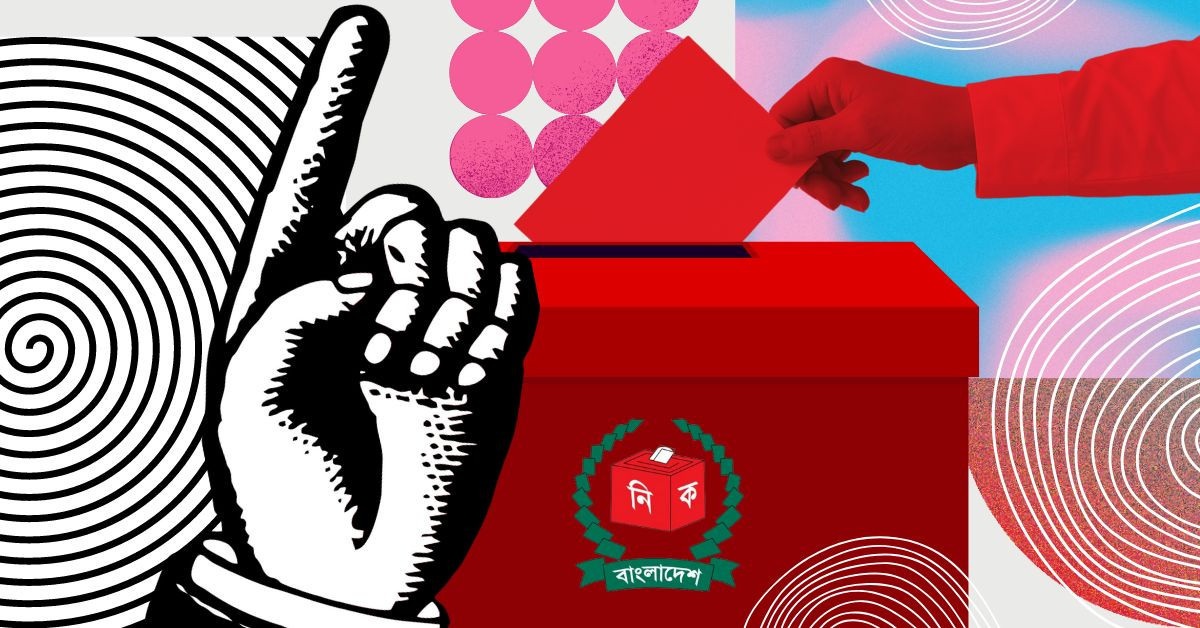

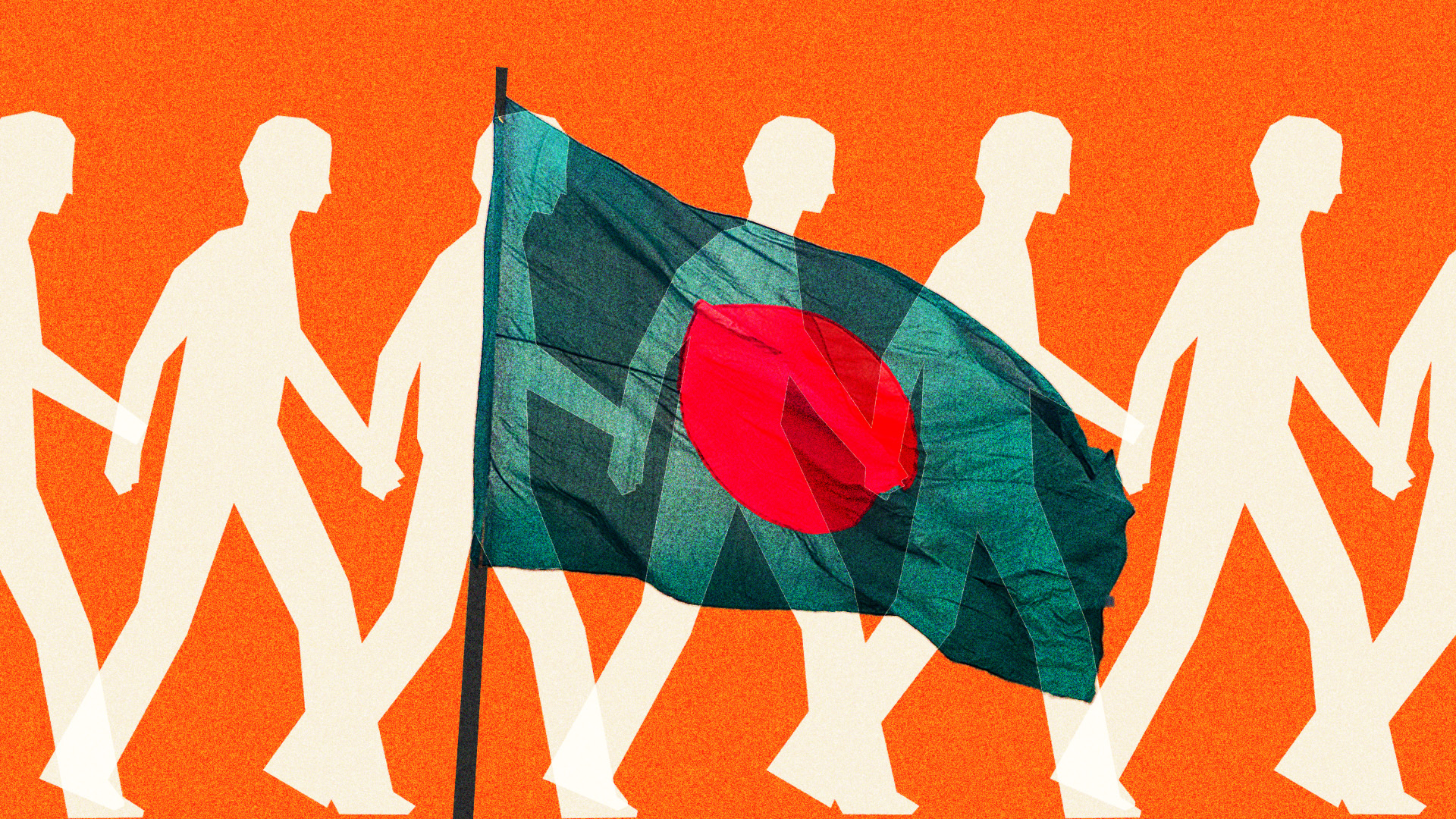

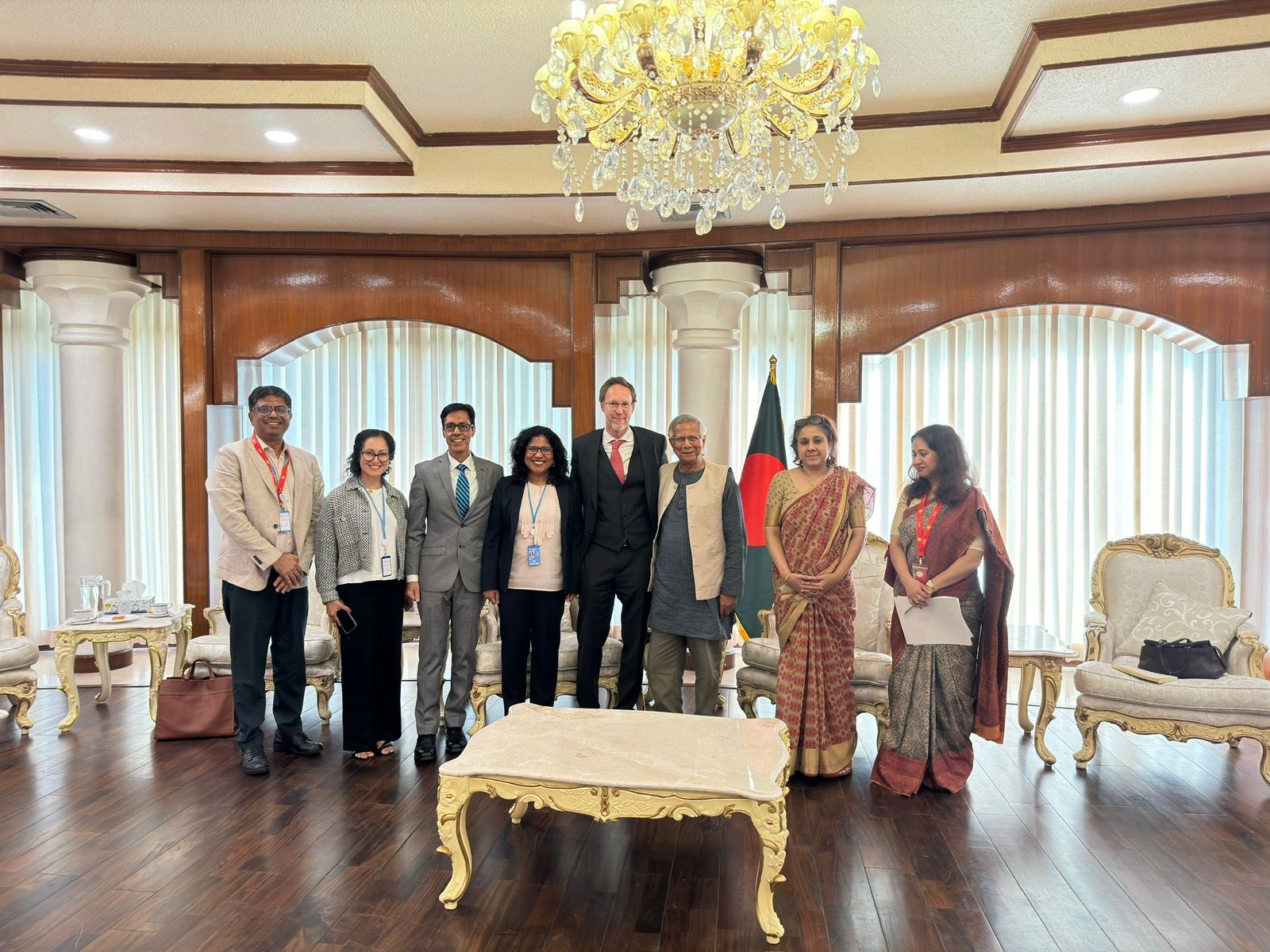
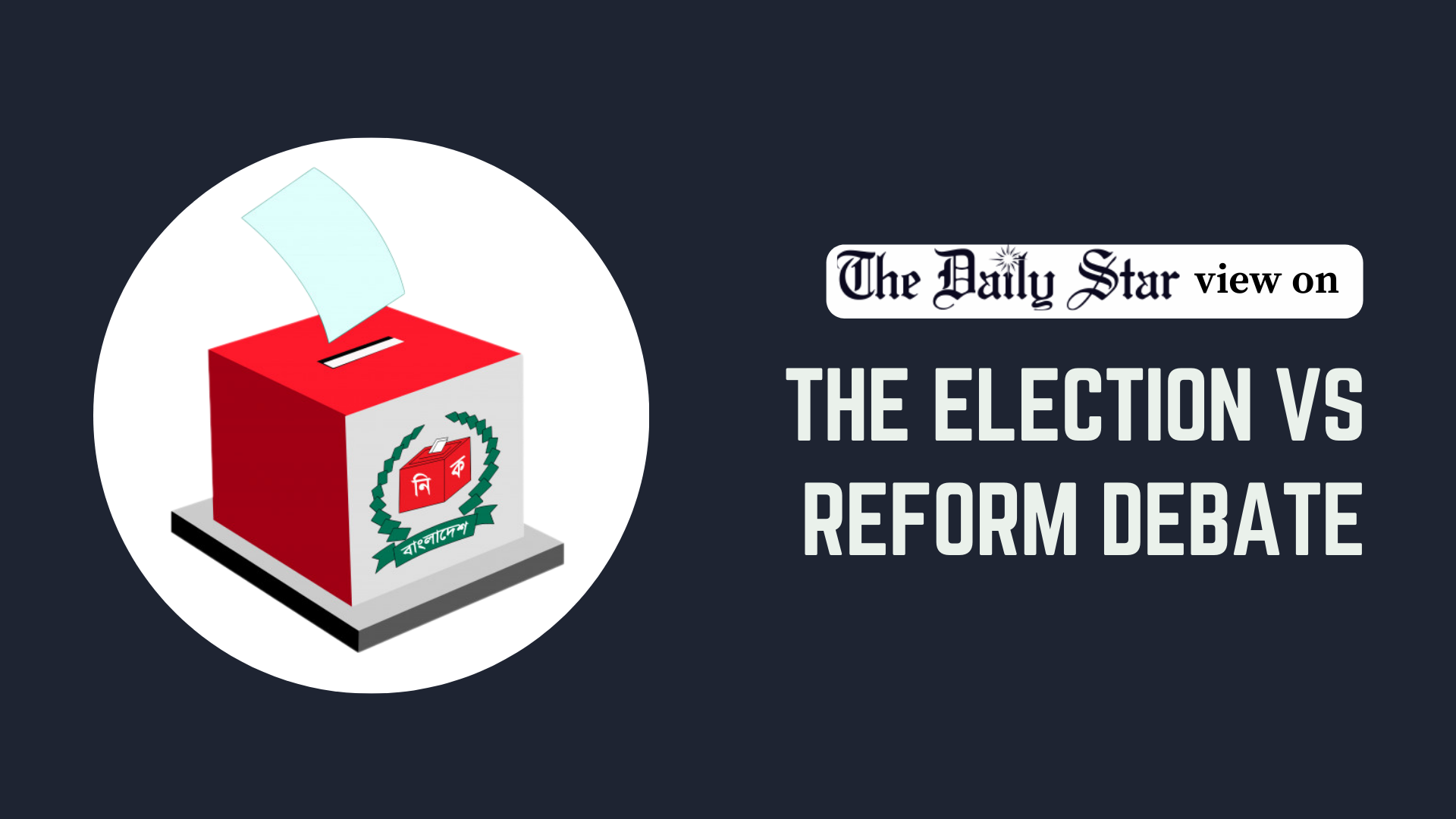
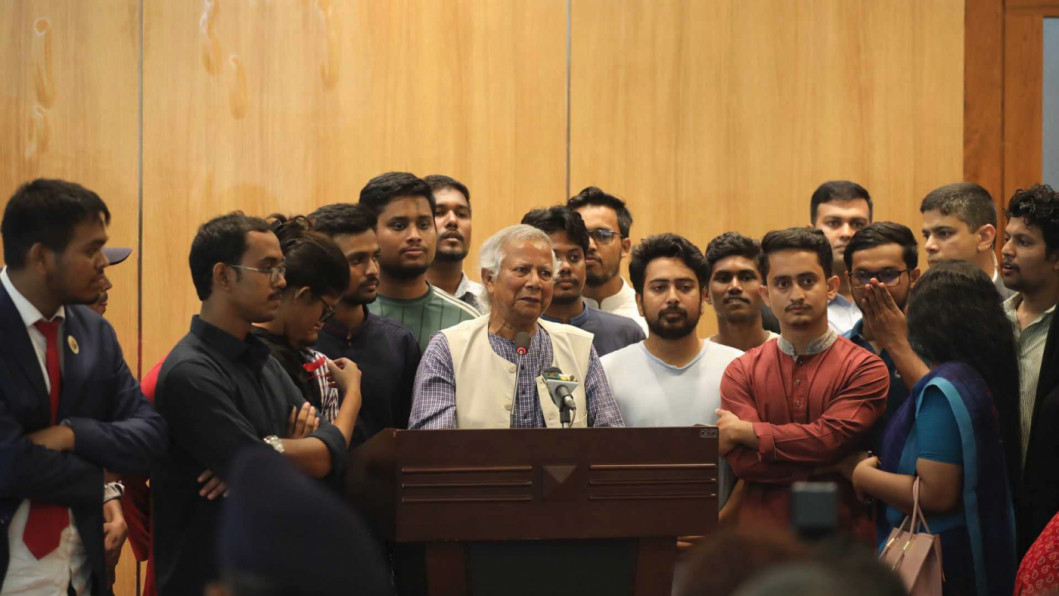
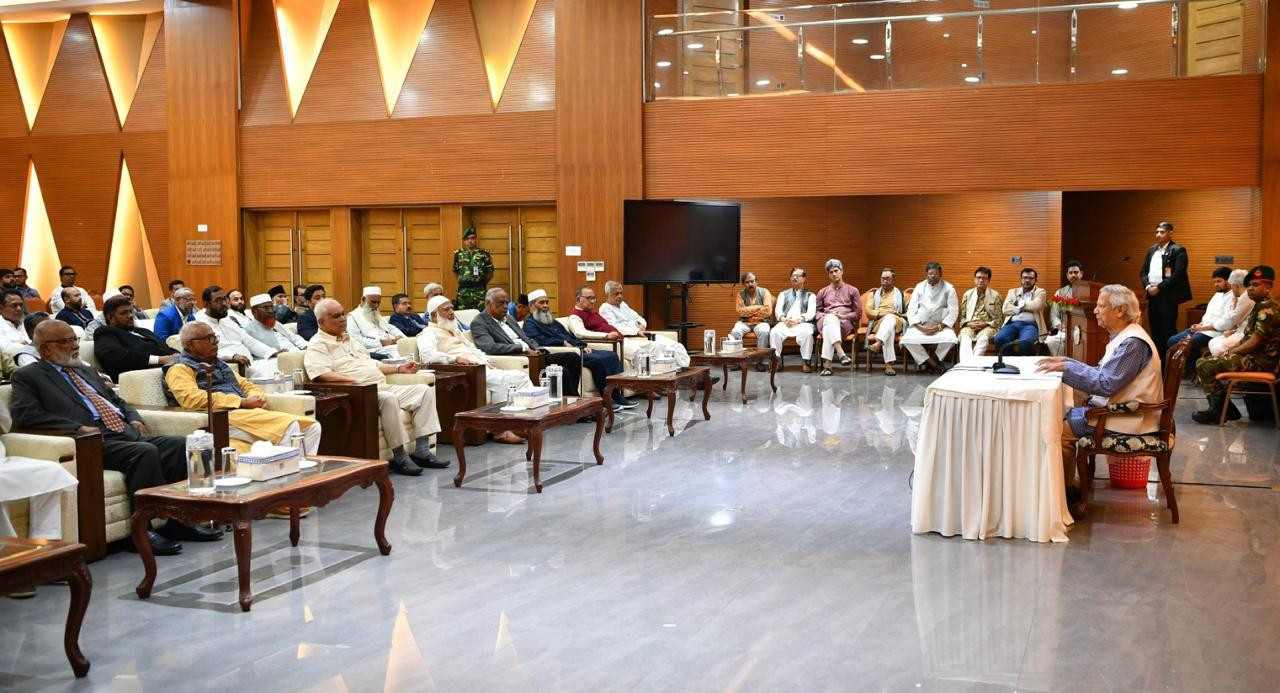
Comments